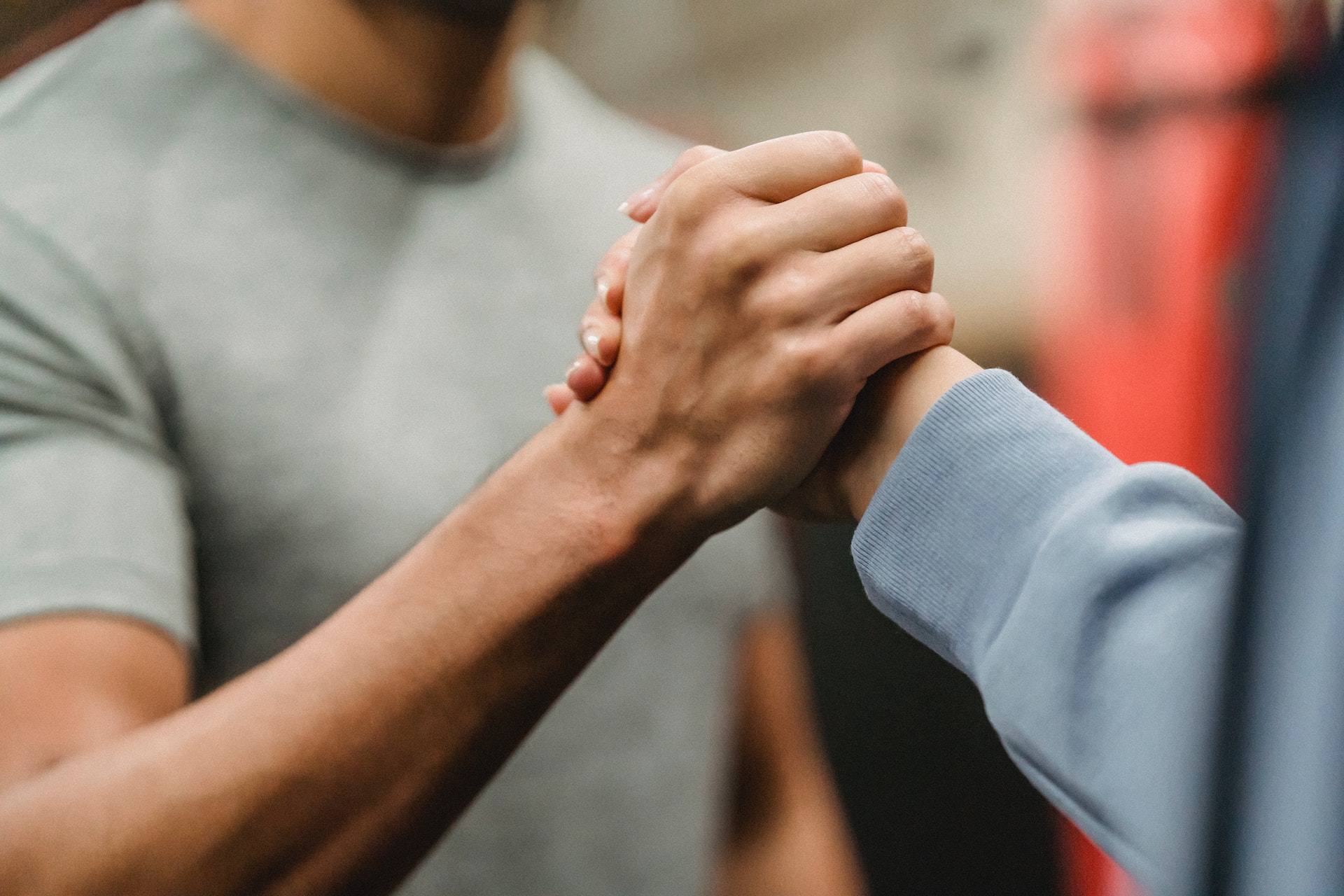
Maximizing the Coach-Athlete Relationship
May 29 | ( 0 ) Comments
In the realm of cycling, the coach-athlete relationship is fundamental. It is the backbone of performance, the driving force behind personal growth, and ultimately, the cornerstone of success. This partnership’s strength lies not only in its professional dynamics but also in its humanistic elements, which infuse the coach-athlete relationship with a unique sense of partnership and shared purpose.
The Importance of Effective Communication
The Role of Open Dialogue
The first step in maximizing the coach-athlete relationship is fostering an environment that encourages open dialogue. As an athlete, being able to express your thoughts, concerns, and aspirations candidly is crucial. This transparency enables the coach to understand you better, providing the foundation for a tailored coaching approach that aligns with your individual needs and ambitions.
Active Listening
On the flip side, as a coach, active listening is an essential skill. This means not just hearing the words an athlete says, but understanding the context, the emotions, and the unspoken thoughts behind those words. It’s about showing empathy, acknowledging the athlete’s perspective, and using that insight to guide the coaching process.
Building Mutual Trust
Shared Goals and Expectations
Building trust is another essential factor in the coach-athlete relationship. One of the most effective ways to establish trust is through shared goals and expectations. By setting clear, achievable targets and defining the path to reach them, both parties create a mutual understanding of the road ahead. This shared vision not only reinforces the sense of partnership but also fosters a common purpose that fuels motivation and resilience.
Consistency and Reliability
Consistency is another key component of trust. As a coach, being reliable, consistent, and following through on commitments is paramount. It demonstrates integrity and shows the athlete that they can count on you, which, in turn, strengthens the bond of trust.
Nurturing Growth and Development
Individualized Training Plans
A significant part of the coach-athlete relationship is the coach’s role in nurturing the athlete’s growth and development. One way to do this is through individualized training plans. By tailoring the training program to the athlete’s specific needs and goals, the coach demonstrates a deep understanding of the athlete, which not only promotes improvement but also reinforces the partnership’s value.
Feedback and Recognition
Feedback is another critical aspect of growth. Constructive feedback enables the athlete to identify areas of improvement, while positive feedback reinforces good performance and boosts morale. Furthermore, recognizing the athlete’s achievements, no matter how small, can do wonders for their self-esteem and motivation.
Overcoming Challenges Together
Resilience and Adaptability
Inevitably, there will be challenges and setbacks in the journey. However, these obstacles present opportunities for the coach and athlete to demonstrate resilience and adaptability. By working together to overcome these hurdles, the coach-athlete relationship can grow stronger, forming a bond that can withstand the pressures of competition and the demands of training.
Emotional Support
Finally, it’s important to remember that the coach-athlete relationship extends beyond the confines of the sport. As a coach, providing emotional support during tough times can make a significant difference in the athlete’s well-being and performance. This support underscores the human element of the relationship, further strengthening the bond and fostering a deeper connection.
Conclusion
The coach-athlete relationship is multifaceted, encompassing professional dynamics, personal growth, and shared experiences. It is a partnership that requires open communication, mutual trust, continuous growth, and resilience in the face of adversity. By fostering these elements, wecan maximize the potential of this relationship, paving the way for not only sporting success but also personal growth and fulfillment for both the coach and the athlete.
Remember, the journey is just as important as the destination. As a coach, every interaction is an opportunity to positively impact an athlete’s life, to guide them towards their goals, and to share in their triumphs and trials. And for the athlete, every step along the path is a chance to learn, grow, and develop under the guidance of a coach who genuinely understands and supports them. When the coach-athlete relationship is nurtured and maximized, it becomes more than just a professional partnership – it becomes a shared journey towards excellence.
Thank you for reading!
Gilberto Cortez - USA Cycling & TrainingPeaks Certified Coach